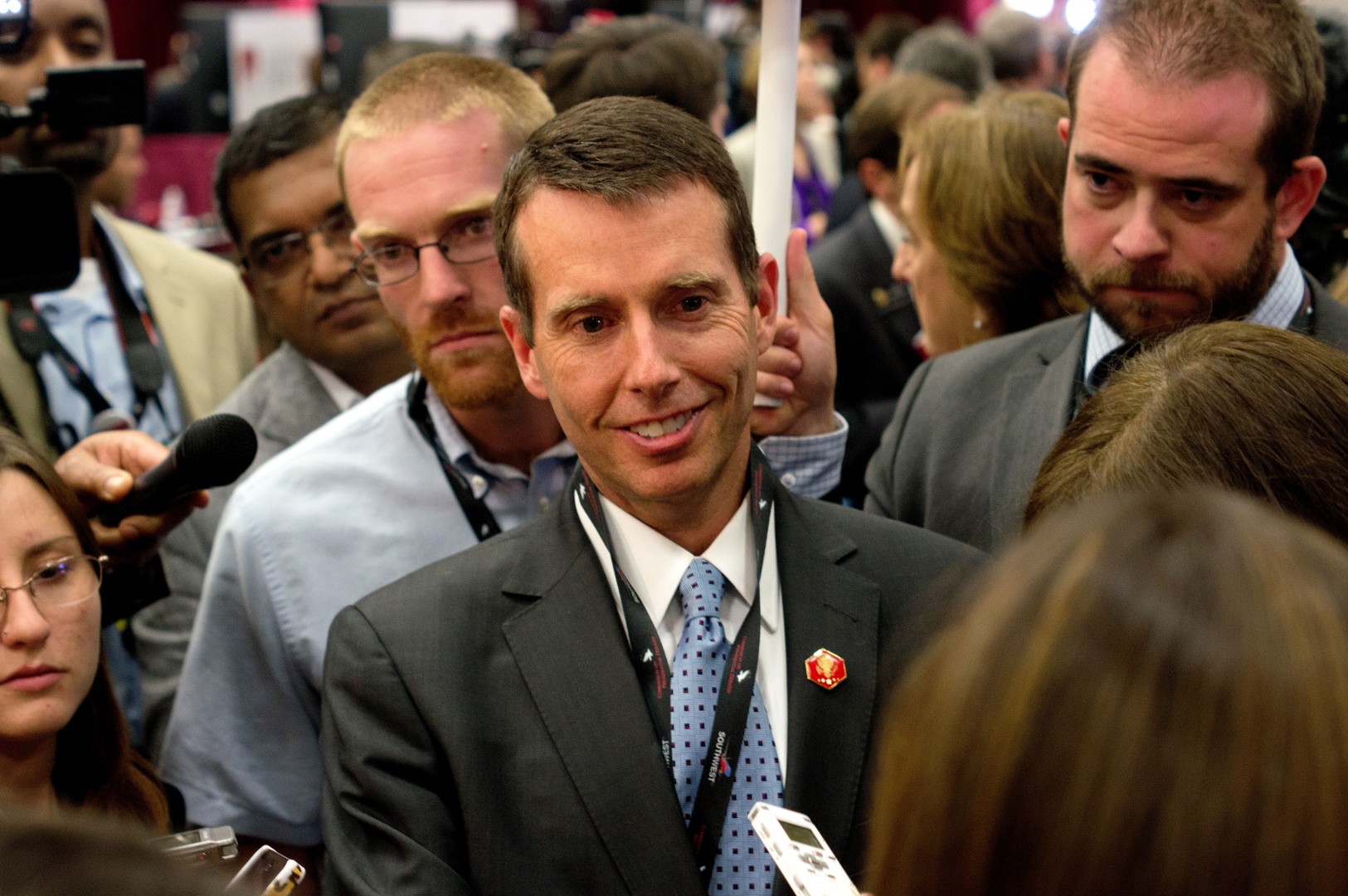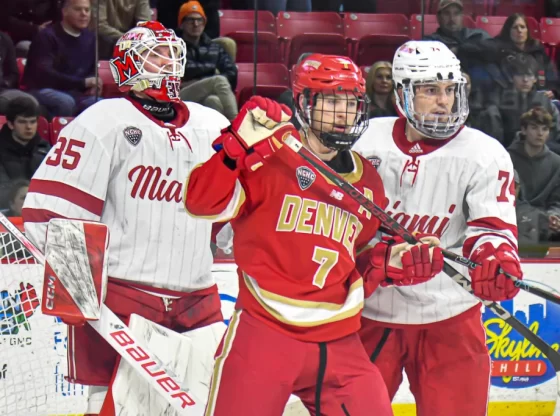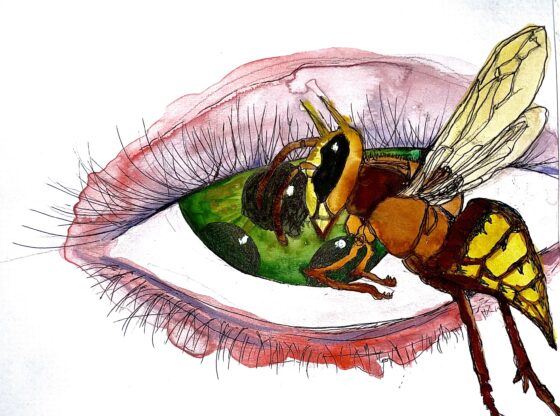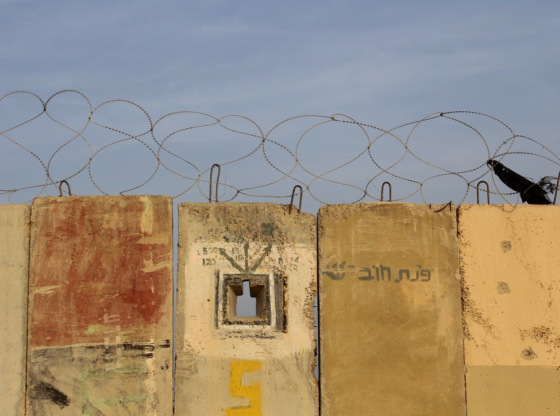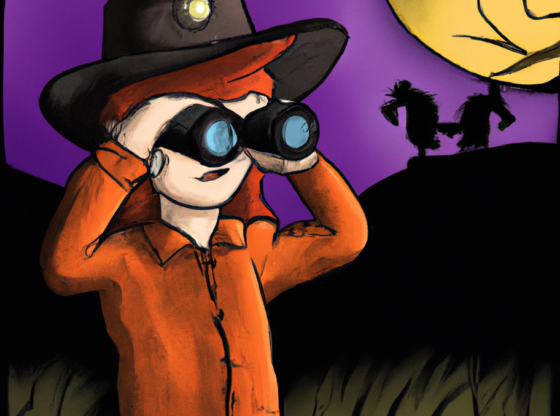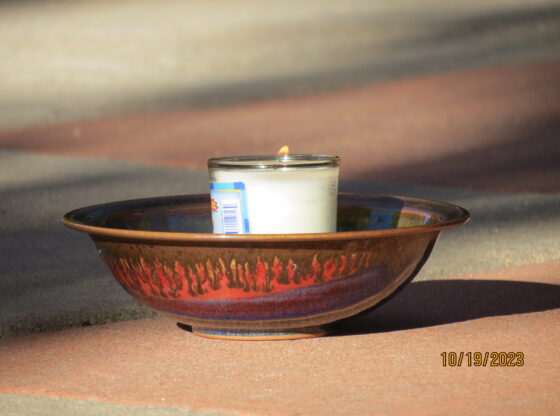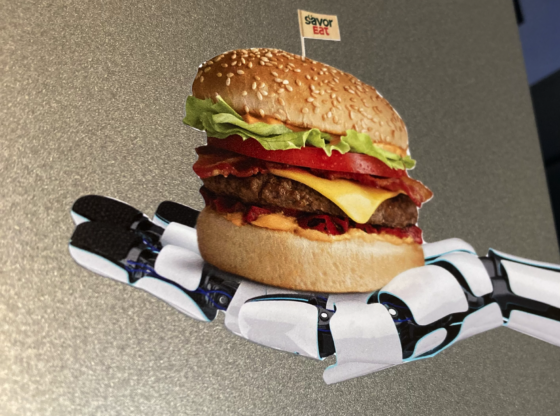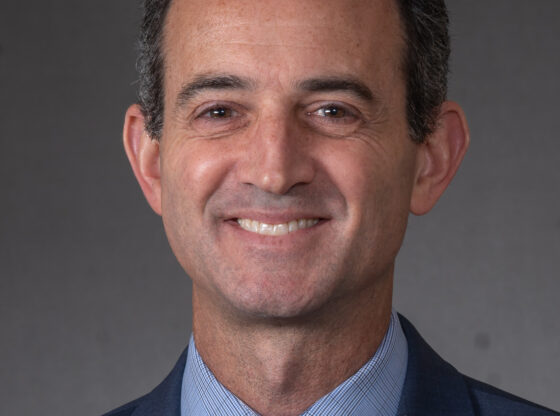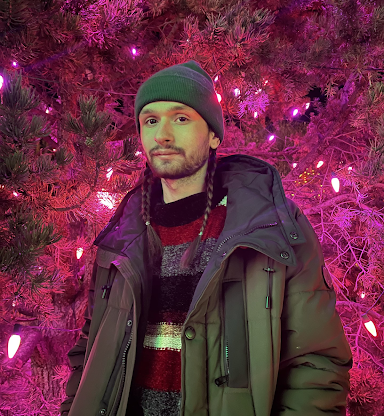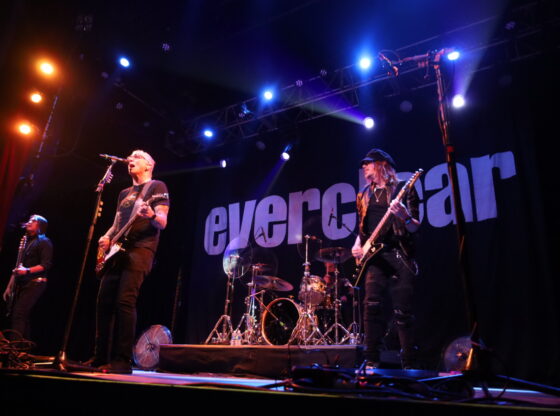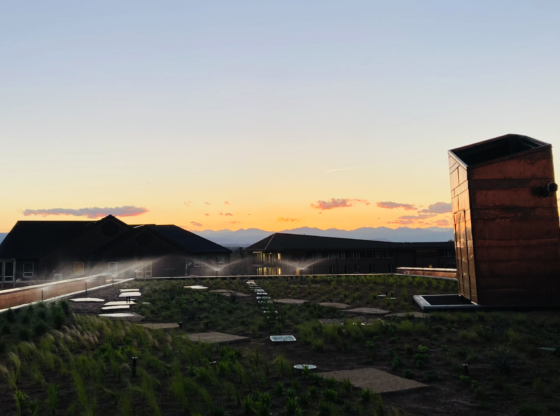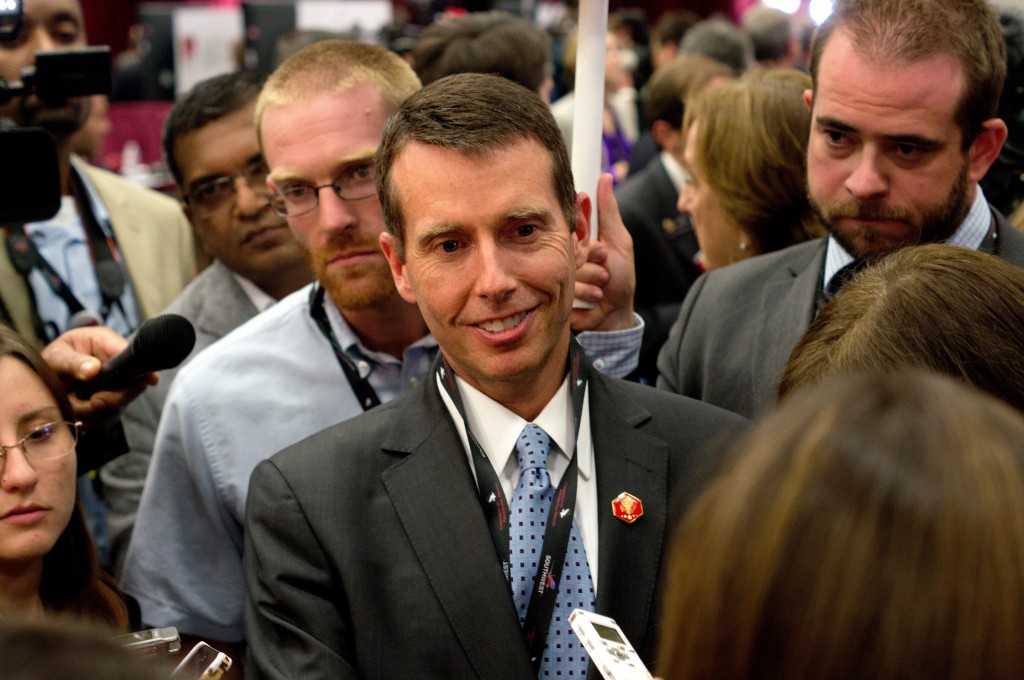
Approximately 3,000 credentialed video, online and print journalists were on site at the presidential debate Wednesday and stationed in the Media Filing Center inside the Hamilton Gymnasium, where they carried out reporting for their respective organizations.
Many of the most recognizable news organizations were present, including CNN, FOX, CNBC, the Denver Post, NPR, the AP, CBS, PBC, POLITICO CSPAN and more. According to the university, 700 foreign journalists were also present, representing 47 countries.
The Media Filing Center is traditionally set up at large events with expected national coverage in order to provide a location for journalists to file stories, report and do telecasts.
The inside the filing room, lined with 20 large tables from back to front, was also equipped with telephones at each work station and 55 televisions placed on tables throughout.
According to a press release by the university, there were 650 individual work spaces available inside the filing center, though there were additional people present acting as photographers and videographers who remained standing, bringing the total number of people inside to approximately 1,000.
Placed along the side were outlets for different news stations, where broadcasters pre-recorded or recorded material for their shows.
Many prominent journalists and politicians were present throughout the room in affiliation with their respective news organizations. Several spoke to the importance of the debates at DU and the relevance to the election.
“I think this is great for the students, and it is important we have this debate in an institution of higher education because so many of these issues will impact student’s abilities to get an education,” said Secretary of the Interior Ken Salazar.
DU Political Science professor Seth Masket spoke further about the impact of hosting the presidential debate.
“It is nice to have the focus of on us, and it is creating a very lively scholarly environment,” said Masket.
Martin Bashir, an MSNBC anchor, called it a duty of the media to investigate the truth behind politics and candidate’s claims.
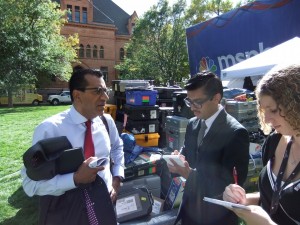
“This is one of the finest universities in the country, and the people of this university expect us to find out what is going on,” said Bashir.
Chair of the Democratic National Committee Debbie Wasserman Schultz spoke about the relevance of the debate for students and what it would tell them about how candidates would confront issues specific to them.
“This is an important opportunity for Obama to highlight what he has done for college students,” she said. “It is also important these debates are held on college campuses because it allows us to talk about that,” she said.
Many journalists present spoke further about the duty of the media and its role in politics.
“My criticism of the way we (the media) have covered the campaign is that it’s been a horse race,” said MSNBC anchor Andrea Mitchell.
Many celebrity journalists said they were excited for the different perspective the presidential debates could bring to the campaign.
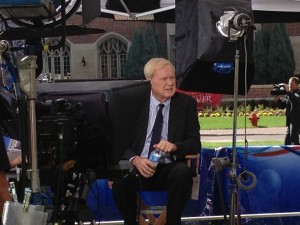
MSNBC anchor Chris Matthews agreed, stressing the debates as an opportunity for the candidates to show the American public a different, more human side of themselves.
“I am always looking for three things: compassion, motive and spontaneity,” said Mathews. He said the unplanned moments of a debate can reveal who a candidate really is.
“What you hear is the music of who they are,” said Matthews. “They need to show their compassion- their spirit and resolve,” he said.
Throughout the debate, the hall was silent as reporters transcribed quotes from the candidates on their computers, took notes for future posts and followed Twitter.
As the debate came to a close and candidates made their closing statements, reporters began to gather their materials for the ending portion of the night known as “Spin Alley.”
Spin Alley provides journalists a chance to get the perspective of each campaign on the outcome of the debate, provided by campaign surrogates who speak to reporters and provide their “spin” in the filing center as soon as the debate closes.
Less than five minutes after Jim Leherer bid the audience good night, surrogate campaign strategists of the Romney campaign arrived in the Spin Room ready to speak with reporters.
Those present from the Romney campaign included economic adviser Glenn Hubbard, former New York mayor Rudy Giuliani, adviser Eric Fehrnstrom , Utah Senator Orrin Hatch and Senator Marco Rubio.
Approximately 20 minutes later the Obama surrogates filed in, including campaign manager Jim Messina, adviser David Plouffe, spokeswoman Jen Psaski and senior advisor David Axelrod.
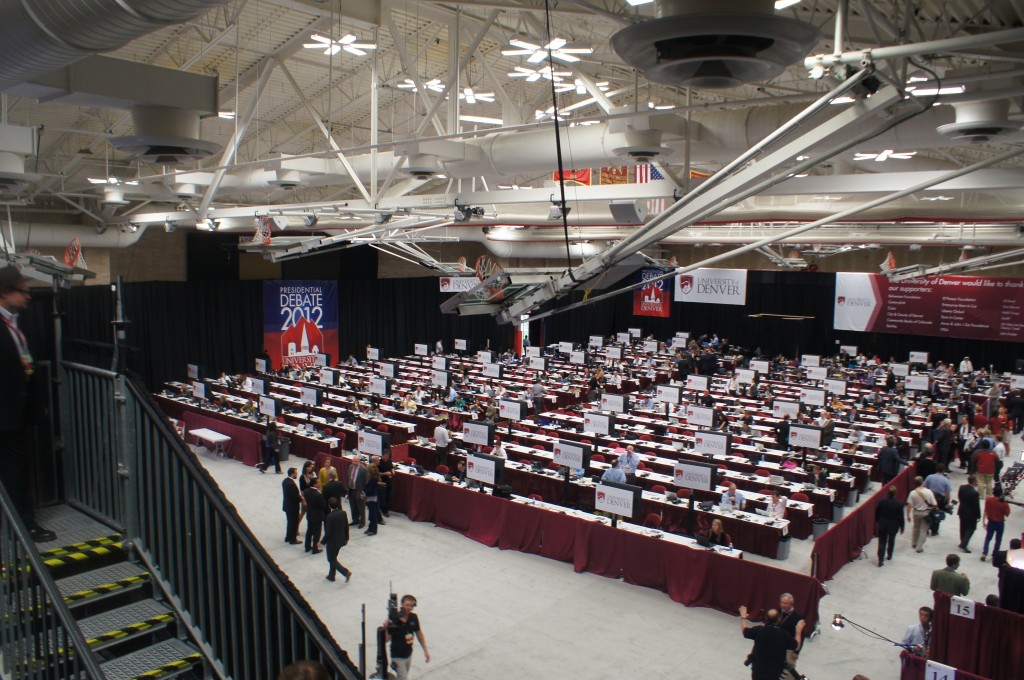
According to a press release by the university, in total there were 17 signs for Mr. Romney surrogates present in the debate hall, and five signs present for Mr. Obama’s surrogates.
Media questioning to these surrogates lasted about half an hour as journalists circulated from speaker to speaker collecting quotes.
As the night closed in the media filing room, some remained at their desks for another hour to file their stories, while others returned to their hotels.

